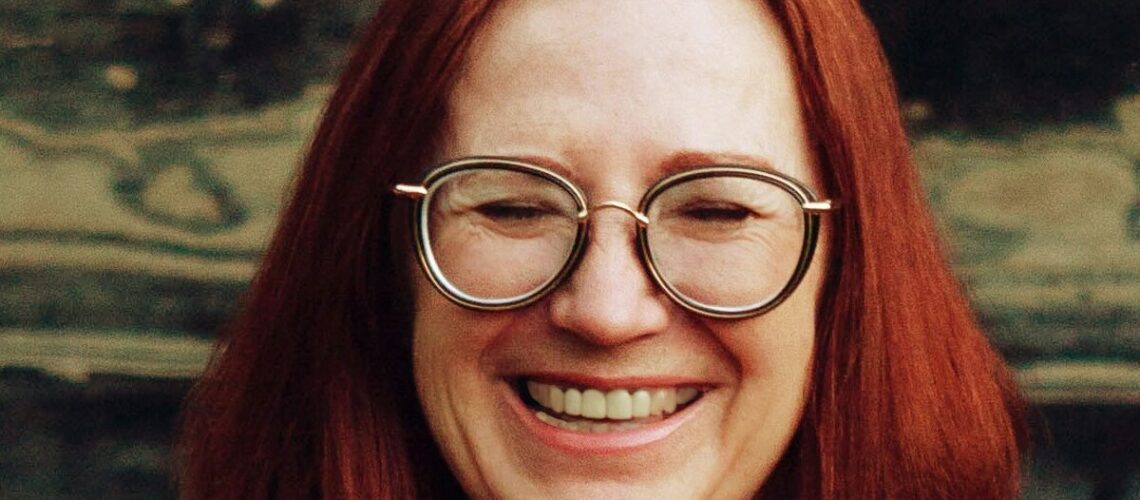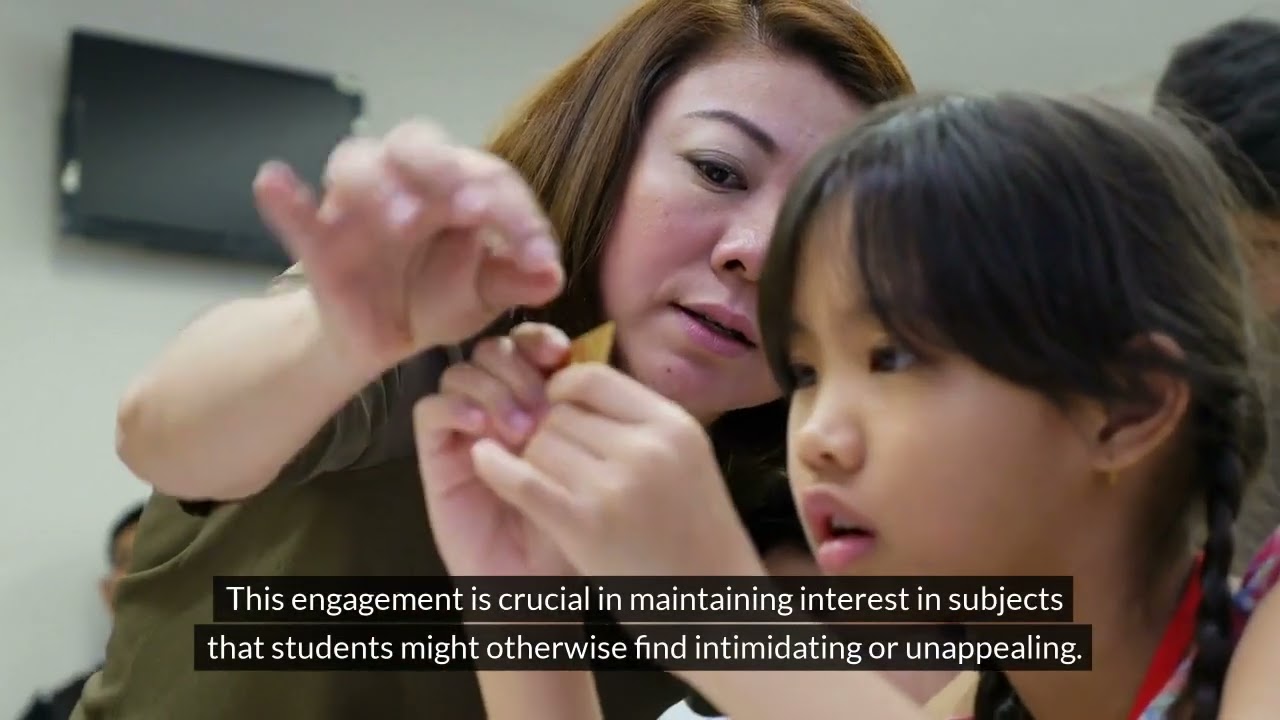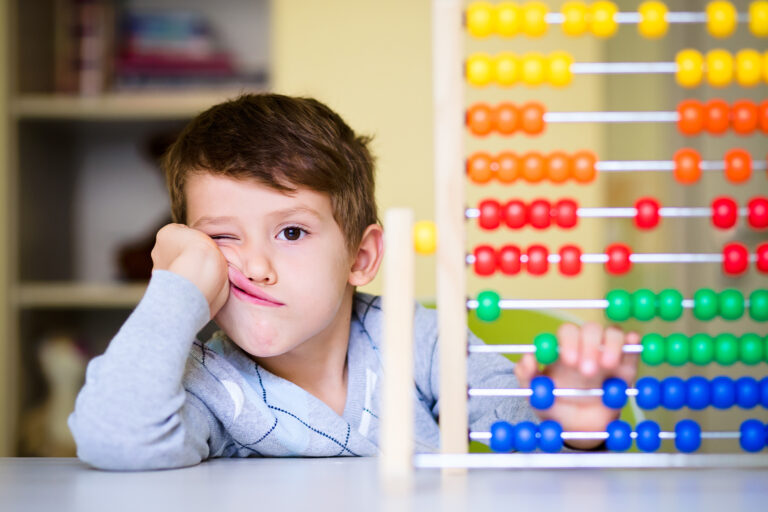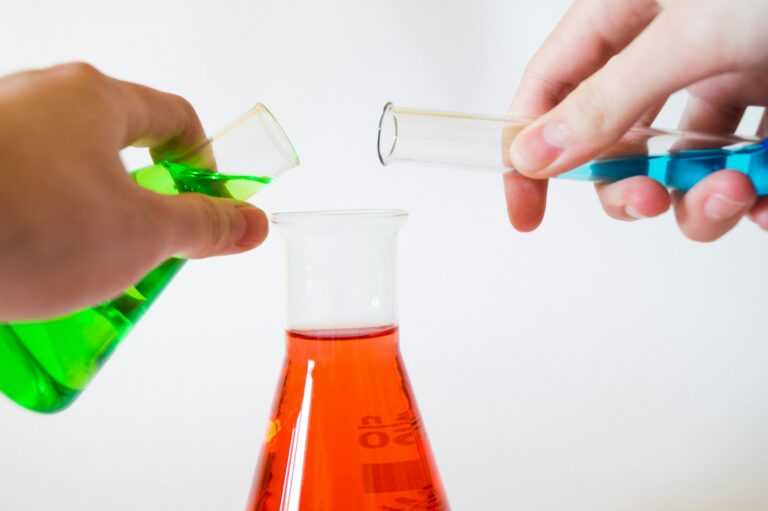About Shoshana

Shoshana Leffler, an accomplished academic and educator from Bronx, NY, blends deep expertise in chemistry and developmental genetics with a vibrant passion for teaching and community service. A semifinalist in the 2005 Intel Science Talent Search, she earned her A.B. in Chemistry from Princeton University and a Ph.D. in Developmental Genetics from New York University. Her doctoral research, highlighted by a mathematical model predicting childhood brain cancer occurrences, was published in the Bulletin of Mathematical Biology.
As a Chemistry Teacher at New Visions Charter School and the NYC Department of Education, Shoshana has innovatively integrated real-world applications and inquiry-based learning to enhance student engagement. Notably, she utilizes Elon Musk’s battery innovations and manages a popular cooking/chemistry club. Her commitment extends to creating accessible chemistry lessons for Title 1 schools and fostering student curiosity.
Beyond academia, Shoshana showcases her artwork in exhibitions, indulges her passion for hiking, and champions wellness through philanthropy. Recognized with awards like the MƒA Master Teacher Fellowship and the Wellness Council Champion Grant, she continues to impact education and wellness initiatives, embodying a multifaceted dedication to her community.
Media

Shoshana Leffler | How Art Enhances Learning in STEM Subjects
News & Interviews
Revolutionizing Education with New York’s Shoshana Leffler
Innovative Teaching Strategies: Lessons from Inquiry-Based Approach
Understanding the Cerebellum Math Model - A Deep Dive into Its Development and Applications
Bronx Educator Shoshana Leffler Revolutionizes STEM Education with Innovative Teaching Models
Inquiry-Based Learning in Title 1 Schools: Transforming High School Chemistry Education
The Influence of Natural Scenery on Meditation and Spiritual Practices
Real-World Applications of Chemistry in Title 1 Inquiry-Based Learning
Shoshana Leffler: Integrating arts into STEM education
How Art Enhances Learning in STEM Subjects
Blog

Simulating the Mind: Using Computer Science to Explore the Brain and Beyond
As an educator passionate about both science and technology, I’m always looking for innovative ways to connect students to real-world applications. One area that has captured both their curiosity and mine is the study of the brain through computer science. The human brain is the most complex “computer” we know,

Overcoming Math Deficiencies in Low-Income Schools: How Teaching Chemistry Involves More Than Just Science
Teaching chemistry in low-income schools presents unique challenges that often extend beyond the science curriculum itself. As an educator working in Title 1 settings, I’ve witnessed firsthand how many students struggle with basic math skills, making it difficult for them to grasp even the foundational concepts of chemistry. However, addressing

Teaching Computer Science in Title 1 Schools: Encouraging Creativity in Coding
In Title 1 schools, where many students face significant socioeconomic challenges, providing access to computer science education can be life-changing. For students from underprivileged backgrounds, learning to code is not only about gaining technical skills—it’s about unlocking creativity, encouraging critical thinking, and helping them see technology as a tool for

Real-World Applications of Chemistry in Title 1 Inquiry-Based Learning
Chemistry, often perceived as an abstract and challenging subject, holds immense potential to be both exciting and relevant when taught through real-world applications. In Title 1 schools, where resources and student engagement can be significant challenges, inquiry-based learning (IBL) emerges as a powerful strategy. By connecting chemistry to students’ lives